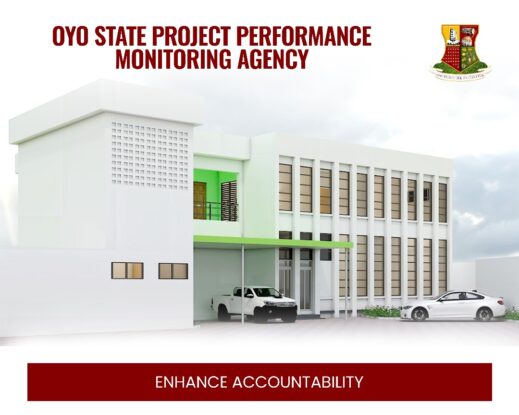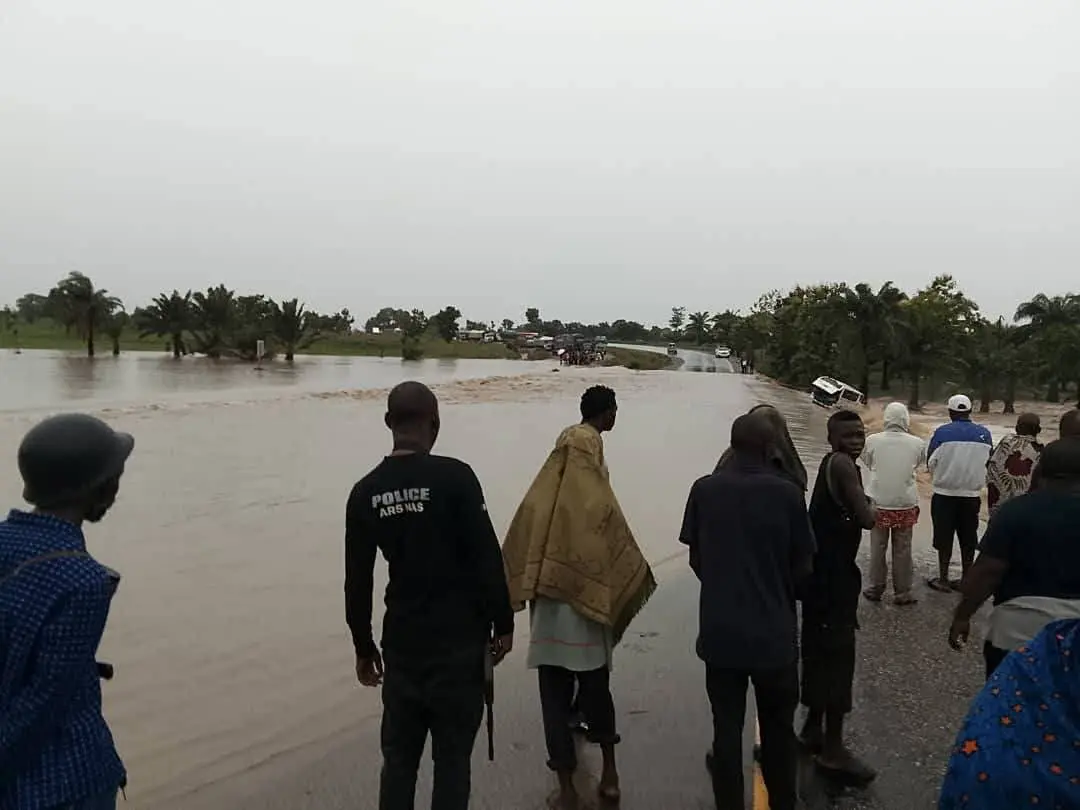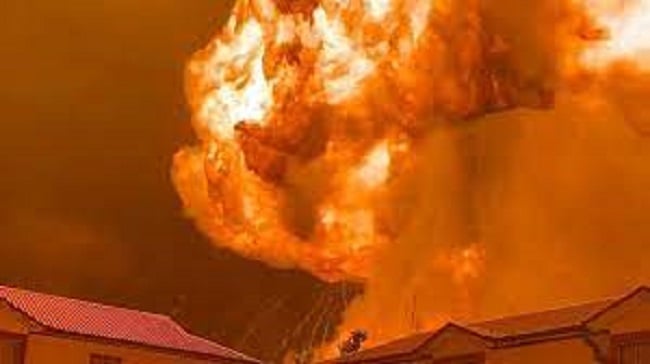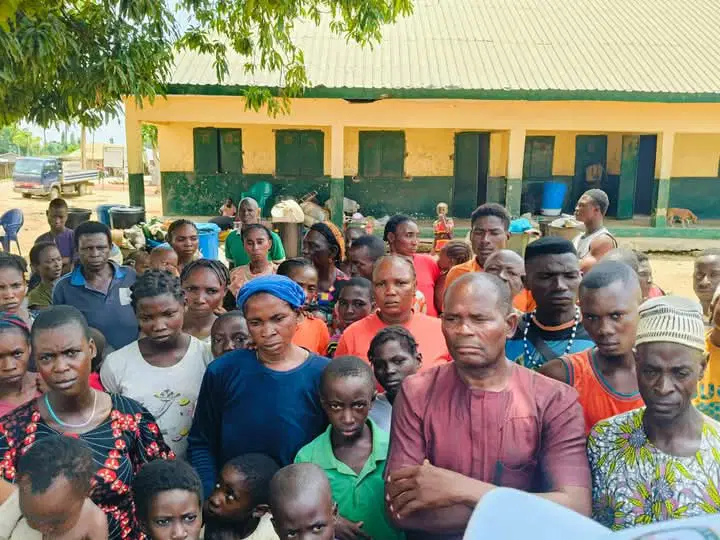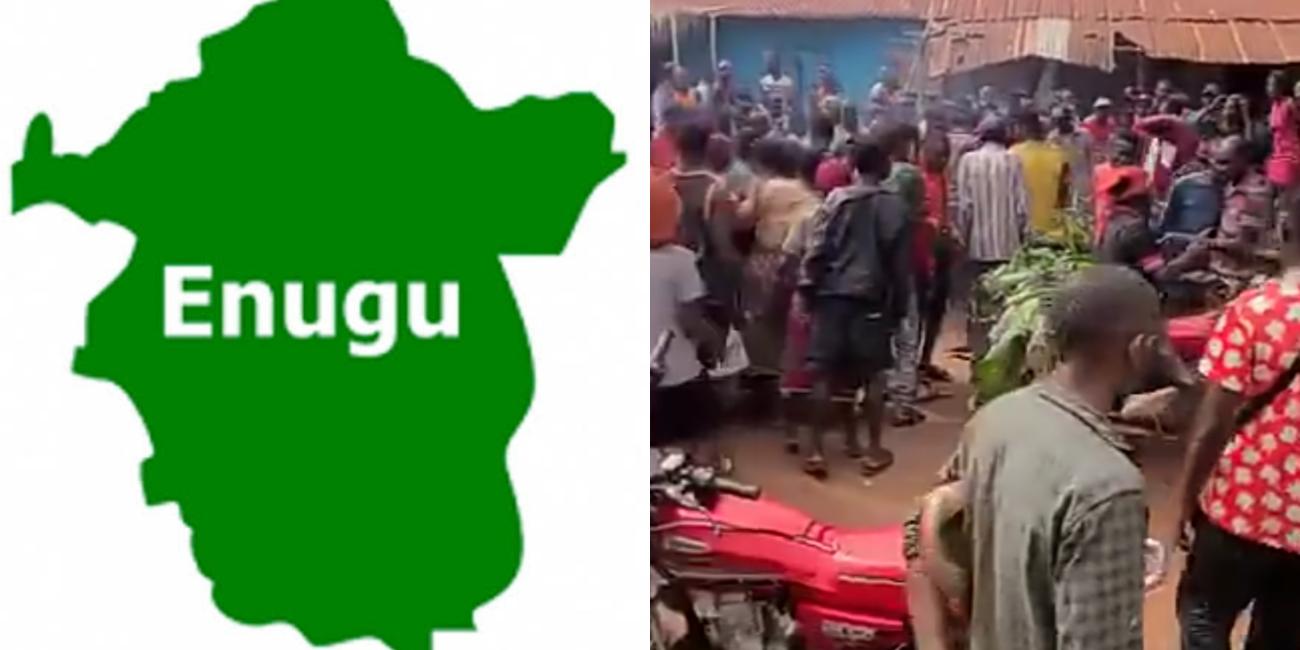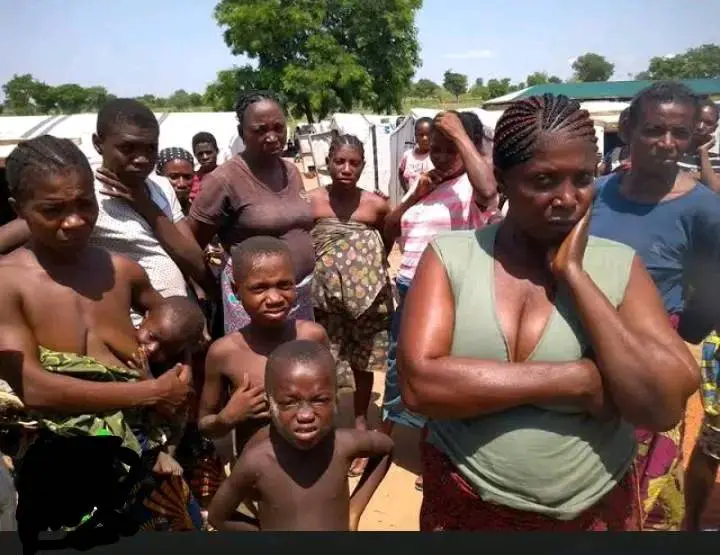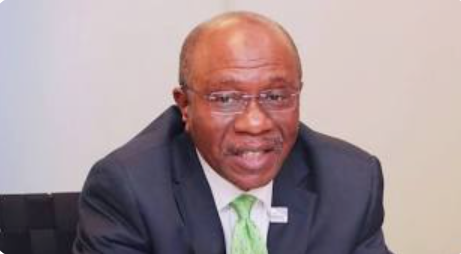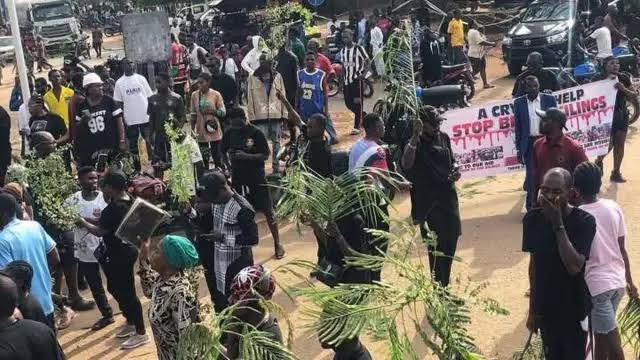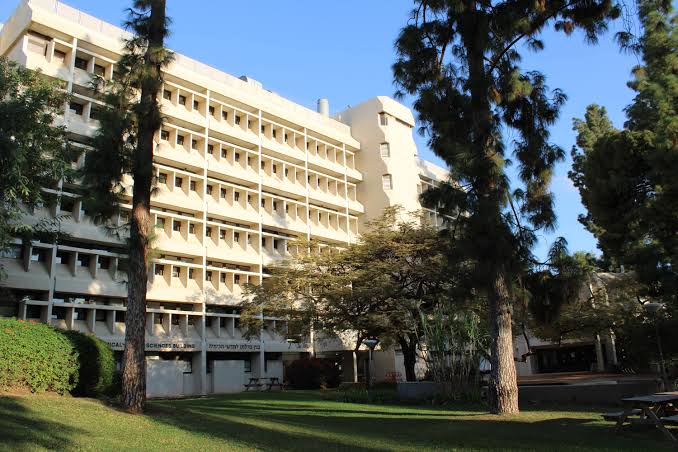Benue Massacre: Tiv Communities Flee To Nasarawa, As Humanitarian Crisis Looms
A humanitarian crisis is rapidly unfolding in Nasarawa State, particularly in Keana and Doma Local Government Areas, following the recent massacre of over 200 residents in Yelwata, a border town in neighbouring Benue State, by suspected armed herdsmen.
As fear of further attacks mounts, Tiv communities in Nasarawa State—especially in Keana, Doma, and parts of Lafia LGA—are being inundated by a mass influx of displaced persons fleeing from areas surrounding the violence-ravaged Yelwata.
The Internally Displaced Persons (IDP) camp located at Kadarko Primary School in Keana is currently overwhelmed, lacking the capacity to accommodate the growing number of victims arriving from border communities. Many of the displaced persons are women and children, with urgent needs for food, water, shelter, and medical attention.
Simon Tion, a resident who spoke to our correspondent in Lafia, said the situation has forced the desertion of over ten Tiv communities around Yelwata.
“A typical Tiv resident in Nasarawa State is now a target of attack by Fulani herders who have consistently attacked and killed countless Tiv people. These people are mostly farmers and are being driven off their lands,” Tion said.
He noted that while Governor Abdullahi Sule has made efforts to de-escalate the violence, attacks on Tiv communities have persisted, often unreported but occurring regularly across rural areas.
The IDP camp in Kadarko is currently facing severe challenges, including lack of food, clean drinking water, health services, and security. The school, which serves as a temporary shelter, lacks basic infrastructure like toilets, sleeping spaces, and perimeter fencing, making the camp vulnerable to further attacks and disease outbreaks.
Humanitarian agencies and government institutions such as the Nasarawa State Ministry of Women Affairs and Humanitarian Services, the Ministry for Special Duties on Humanitarian, Social Services and NGOs, and the National Commission for Refugees, Migrants, and IDPs have been urged to intervene urgently.
Tion and others called on well-meaning Nigerians and international aid organizations to come to the aid of the affected communities to prevent a full-blown humanitarian disaster.
“The cries from these displaced victims demand urgent attention. If nothing is done quickly, we risk even more humanitarian losses,” he said.
With thousands now displaced and aid resources stretched thin, observers warn that without immediate and coordinated intervention, the crisis in Nasarawa could spiral further out of control, compounding an already fragile security and humanitarian situation in Nigeria’s Middle Belt.

